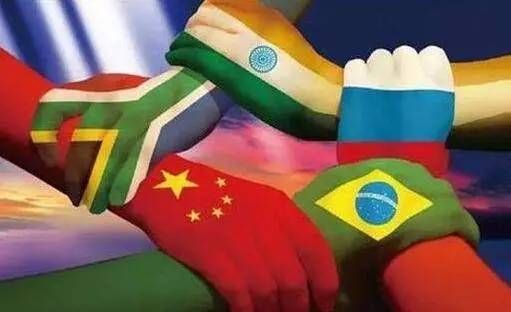[Voice] BRICS mechanism holds bright future
Although BRICS countries differ in terms of cultural history, economic growth and social traditions, they are all emerging economies with similar concerns about many global issues and each with its own advantages. When compared with the G7, we can discover that BRICS has a better future.

From the perspective of economic ratios and contribution rates, in 2016 BRICS accounted for more than 30% of the global economy with a 60% contribution rate, which far exceeds the G7. As a global multilateral cooperation mechanism without the participation of western developed countries, BRICS is bringing back from the rim those developing countries that had almost lost their voice on global governance platforms, returning them to the central area. From that standpoint, the BRICS countries of China, Russian, India, Brazil and South Africa advocate non-interference in other countries' internal affairs, seek peaceful development, support the United Nations continuing to play a central role, and call for a new, more equitable and reasonable international economic and political order.
BRICS foreign ministers' meetings have been held since 2006, and in only 10 years BRICS cooperation has become an important force in global governance, starting from scratch and growing from small to large. Now, there are more than 100 BRICS meetings annually.
Of course, there are differences and conflicts among the BRICS countries. Bumps are hardly avoidable. Instead, the convergence of interests, strategic cooperation and win-win solutions are the mainstream, with overall interests in cooperation. This September, BRICS leaders will meet in Xiamen, China. It will be an important point in time to determine a new process for the second decade of BRICS. We believe that BRICS countries, together with other emerging countries, will seek common ground and mutual benefits to overcome their cultural differences so that they can contribute more effectively to global economic development through programmatic cooperation, letting BRICS shine more brightly.
(Wang Wen,Professor of the Chong Yang Institute of Finance, Renmin University of China. Excerpts from People’s Daily Overseas Edition.)
Editor: Eric Wang